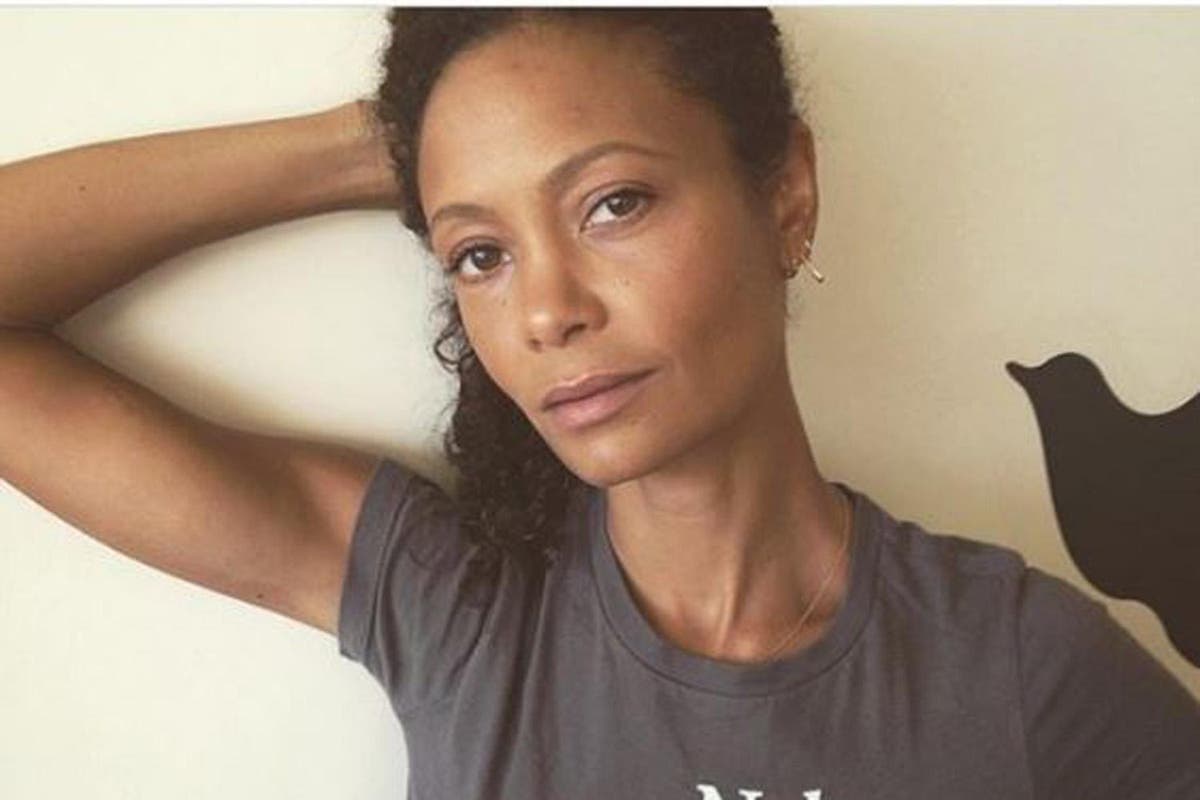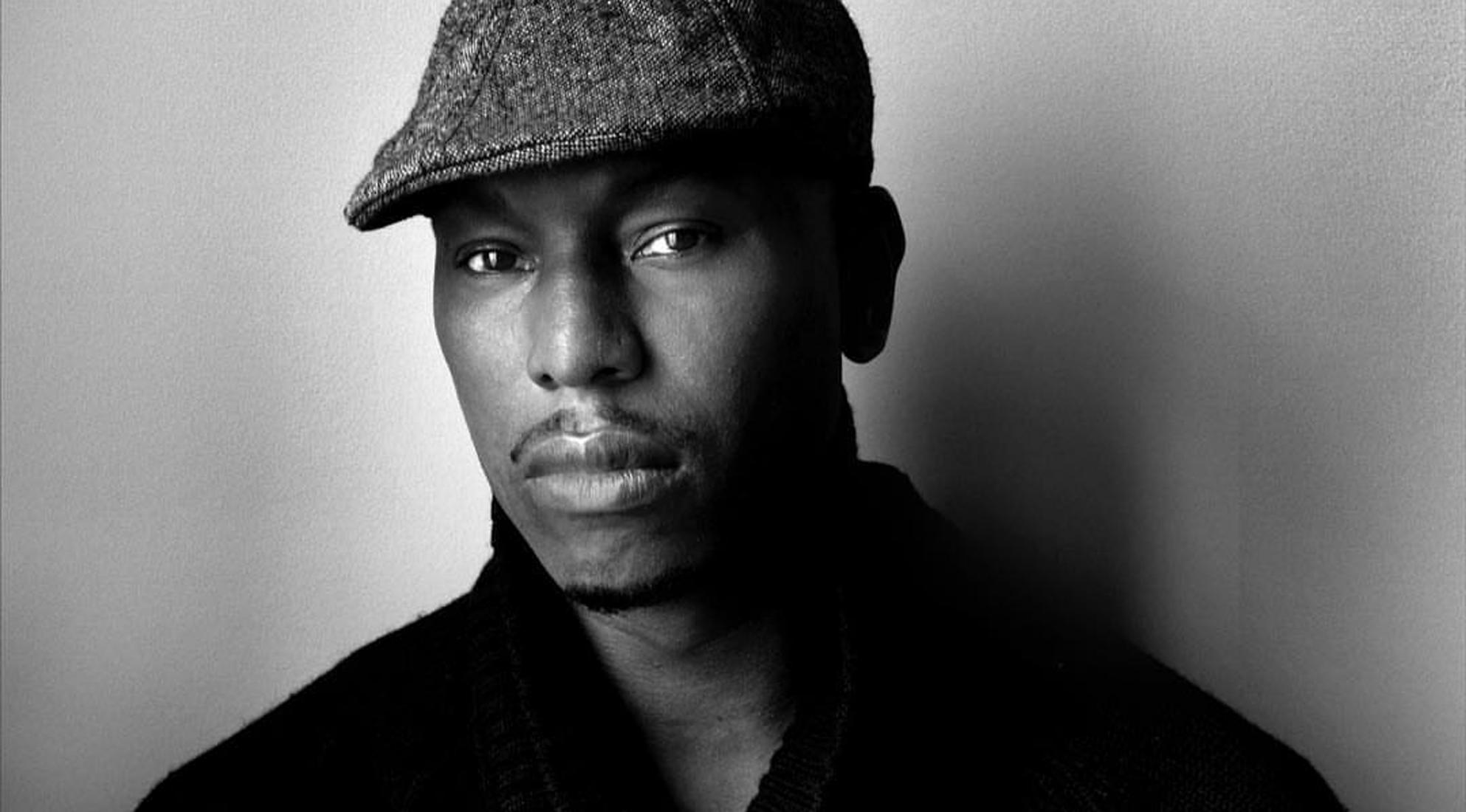Since 2012, Lynch has imbued her characters with the very same quality – the fierce power and urgency of the present. An instinctual and deliberate artist, she is focused on the true story of the Black woman, on communicating her honestly and with purpose. We saw this in her nuanced, solid performance as the single mother and pilot Maria Rambeau in last year’s Captain Marvel, in which she successfully stretched the bounds of what a hero is meant to be, and we will see it again in her outing as the first ever female 007.
Initially, when the Bond opportunity came about, Lynch had reservations about joining another franchise – about getting lost “behind the man”, as she puts it – but on speaking with the producer Barbara Broccoli and the director Cary Joji Fukunaga, she understood that their intentions ran alongside hers. Before filming began, she sat down with Phoebe Waller-Bridge, who was there to infuse the script with a fresh female perspective. Lynch wanted to ensure Nomi was subtly drawn, believable, perhaps even a little awkward. She set out to portray the truth of being a Black woman –someone she might know; someone in her family – avoiding the two-dimensional view that can be so easily conveyed on screen or written in scripts.

“A character that is too slick, a cast-iron figure? That’s completely against what I stand for,” says Lynch. ‘I didn’t want to waste an opportunity when it came to what Nomi might represent. I searched for at least one moment in the script where Black audience members would nod their heads, tutting at the reality but glad to see their real life represented. In every project I am part of, no matter the budget or genre, the Black experience that I’m presenting needs to be 100 per cent authentic.”
When, on a Sunday afternoon in April of last year, the news leaked that a Black woman would be inheriting the 007 mantle, Lynch immediately experienced an onslaught of outrage. “I am one Black woman – if it were another Black woman cast in the role, it would have been the same conversation, she would have got the same attacks, the same abuse,” she says. “I just have to remind myself that the conversation is happening and that I’m a part of something that will be very, very revolutionary.”
She sees her role in No Time to Die as a step in the right direction– a way of confronting stereotypes around race and gender that have persisted for far too long. “I feel very grateful that I get to challenge those narratives,” she says. “We’re moving away from toxic masculinity, and that’s happening because women are being open, demanding and vocal, and calling out misbehaviour as soon as we see it.” “Now we’re in a time when artists have enough collective energy to evoke change. There’s real work to be done, there are frank conversations to be had. A magazine cover is already pretty, the words don’t have to be.” she says.
‘No Time to Die’ is in cinemas on 2 April 2021. Here’s the trailer


 The Duke won’t be back for Season 2
The Duke won’t be back for Season 2  Tigray crisis: The Weeknd donates $1m to help his people
Tigray crisis: The Weeknd donates $1m to help his people  Call me “Thandiwe” because that’s my name.
Call me “Thandiwe” because that’s my name.  Tyrese “I’m truly AFRICAN-American”
Tyrese “I’m truly AFRICAN-American”